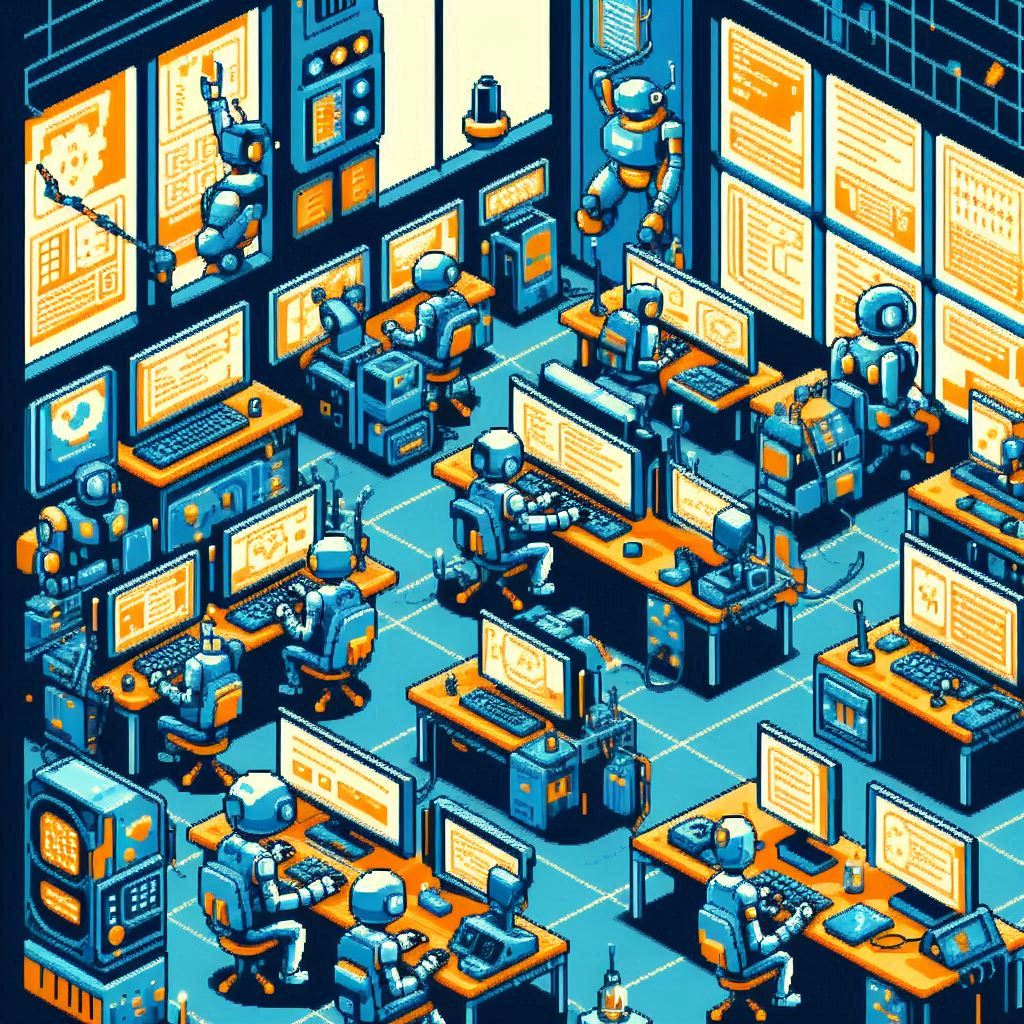Impacts of Automation on the Workforce Part II: Is the Pandora's Box Open?

The Inexorable March of AI
AI is moving towards AI Agents, as seen with OpenAI's new o1 model. While not revolutionary, it indicates the direction where we're headed. Here are the reasons we think AI is not slowing down and how you, as a Software Engineer, should be prepared for the new demands of the tech industry.
GPT-4: Good Enough to Change the Game
GPT-4 has been a game-changer in the AI landscape. While its real impacts are still debated, it was the first "good enough" model. It added a bare minimum layer of reason when asked to do something, and as a general model, it's prepared to answer general questions.
The Rise of Specialized Models
What about specialized models?
We've seen other AIs such as AlphaGo and AlphaGeometry take another turn: These are trained for high-frequency, specialized goals.
In the end, they ended up beating top humans in their respective fields.
The Potential Convergence
What if?
- It might be possible that these two approaches could converge in the near future.
- We might see General LLMs being used to create more specialized LLMs. (We certainly see this attempt already, but it's not sure wether it's a viable approach)
- These specialized LLMs focus on a few tasks and excel at them.
Even if this bridge doesn't happen immediately, we already see highly specialized AIs like AlphaCode performing extremely well. They're figuring out new, more optimized algorithms, which makes it only a matter of time before they expand to other areas.
Hypothesizing the Future
Let's do a mental exercise, creating scenarios for different timeframes at various organizational sizes. What will this mean for the future of Software Engineering?
1-10 years: The Land Grab
Let's now assume AI has achieved "Genie" levels with 99% correctness and can work on huge codebases and context windows with extreme precision:
Smaller companies/Startups:
- Will likely benefit the most from this productivity boost.
- Small teams of developers will be able to set up all sorts of infrastructure.
- This could potentially equalize the field against bigger operations.
Medium-sized companies:
- Face a choice: Expand or Retract?
- Expanding might be the safest approach for legacy/competition reasons, since smaller projects will be able to operate at a higher level and bigger ones even more.
- If they do expand, they'll be able to stay competitive against big tech companies in terms of code output/quality.
- Not expanding could mean almost certain death, as other medium/smaller-sized companies will likely be looking at what is possible.
- Those who choose to expand may invest heavily in fewer individuals, who can orchestrate and have use of generalists to execute on tasks.
- Software engineers who decides to operate in this level will likely need to have a bigger picture knowledge and develop tools that makes other developers more productive.
Big companies:
- Suddenly able to generate a lot more output.
- May consider a "scorched earth" strategy against smaller companies, inundating the market with new products or buying out competitors.
- Face the dilemma of further investment vs. downsizing.
- Downsizing might mean opening space for medium-sized companies to grow, and consequentially giving up on legacy in the long run.
Conclusion
While still early stages, we can already have a glimpse of where the market is heading, what and when exactly will happen is unknown.
What is certain, is that it will change how, why and what companies can do. Some companies will be able to ride out and become new powerhouses of technology, probably even creating deeper philosophical questions we may not be ready for.
Stay tuned for Part III!